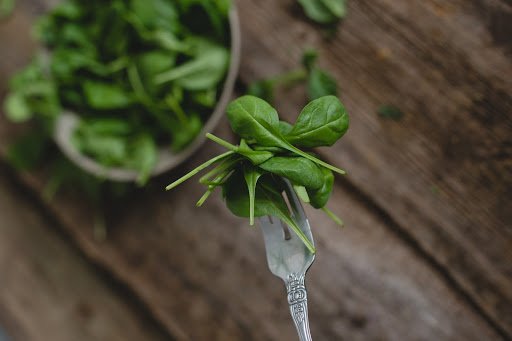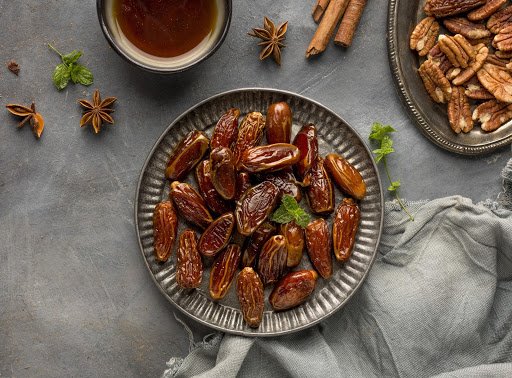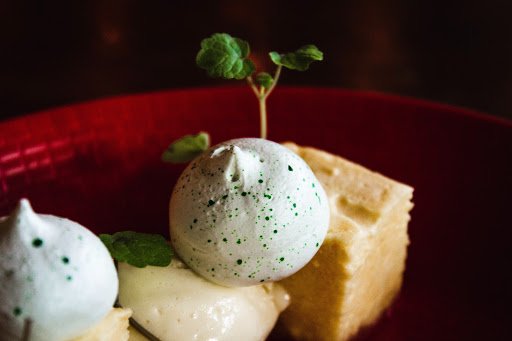
Any mother will remember how much effort she put into eating a healthy diet, while she was pregnant. The trend slowly moved to expectant mums turning to prenatal supplements to expecting to have a healthy and an “intelligent” baby. However, experts and researchers now suggest that many of these daily vitamins are of little or no use.
Folic acid:
Folic acid is available as a supplement form as well as B vitamin in some foods. Adequate folic acid is advisable if you plan to conceive your baby. This reduces the risk of your baby being born with neural tube defects such as spina bifida.
All women who could become pregnant are advised by their doctors to take a supplement of 400 micrograms of folic acid each day. They continue to take the supplement each day for the first 12 weeks of pregnancy. In case you haven’t panned your pregnancy and you’ve just found out you are pregnant and had not been taking folic acid supplements, start them right away and continue to take them until your 12th week of pregnancy.
Folic acid supplements are available over the counter in pharmacies, online and in some supermarkets. If you plan to take folic acid as part of a multivitamin supplement, make sure you read the label and ensure that it contains 400 micrograms of folic acid. Also please be aware that your multivitamin supplement does not contain vitamin A, which could harm your baby.

Folic acid in food:
Green vegetables, spinach, brown rice, orange juice and some breakfast cereals (check the label). But remember, you can only boost your folic acid in your body by eating these foods, however, you still need to take a supplement to get the full amount you need while you’re pregnant that is 400 micrograms per day.
Iron:
It’s not for fun when they say that you need to be an “Iron mum” when you get pregnant. It is proven that you need extra iron when you are pregnant to make new blood cells for your developing baby. Almost 60% of women are low in iron even before they become pregnant, so be sure to eat iron-rich foods regularly throughout your pregnancy. It gives stamina to the mother and is essential in proper brain development and blood cell formation for the baby. Also, it helps in treating and preventing iron deficiency anaemia! Hence, incorporating iron-rich foods in your diet is extremely important for a healthy pregnancy and baby.

Iron in food:
Fortified Cereals, Green leafy vegetables such as spinach, methi (fenugreek), Dried seeds and nuts, whole grains, pulses and beans such as lentils, peas, soy, kidney bean and fruits such as figs, dates, apples, raisins. Having salad vegetables, citrus fruits or a glass of fruit juice with meals will boost iron absorption.
If you prefer nonvegetarian, chicken breasts, chicken drumsticks, canned tuna, eggs and meat are said to contain iron.
Some women are advised by their doctor to take iron supplements during pregnancy. So speak to your doctor if you have a history of heavy periods or anaemia.
Calcium:
Experts say women need more Calcium. It is not just because it’s a major component of our bones. It also plays a vital role in keeping our organs and skeletal muscles working properly. You need extra calcium in your diet during pregnancy because your developing baby needs calcium to form bones and teeth. They’re building an entire skeleton, after all. Calcium is also an important nutrient for your baby’s heart, muscles, nerves, and hormones. Regardless of whether or not you take in enough, your body will still give calcium to your baby. So, if you are not replacing what you’re giving away, you could end up with weakened bones and a greater risk of osteoporosis later in life

Calcium in Food:
Dairy foods such as milk, cheese and yoghurt are the best sources of calcium. Pregnant women should dairy foods such as a glass of milk, yoghurt or a matchbox-sized piece of cheese in their diet. Avoid unpasteurised dairy products, soft mould-ripened cheeses such as Camembert or Brie, and all blue-veined cheese because of the risk of listeria food poisoning, which is dangerous for
pregnant women.
Other foods rich in calcium include leafy vegetables, broccoli, almonds, nuts, soya products, baked beans and tinned fish.
Vitamin D:
Everybody needs vitamin D – it helps us to absorb the right amount of calcium and phosphate. It is especially important in pregnancy as it helps your baby’s bones, teeth, kidneys, heart and nervous system to develop. Vitamin D is only found in a small number of foods – thank the stars – as we get most of vitamin D from sunlight.
Since most of us don’t get enough vitamin D from our diet and we rely on the summer sunlight on our skin to make enough vitamin D for the winter months.
Everybody is different. Therefore the amount of time you need to spend in the sun to make enough vitamin D is different for everyone and depends on your skin type, the time of day and the time of year. Just 15 minutes a day in the sun, two or three times a week, should be enough in sunny weather, and you only need to expose your arms and face. You don’t need to sunbathe, though.
It is recommended for pregnant women to take supplements containing 10 micrograms of vitamin D each day. Without it, there is a risk that your child will have soft bones, which can lead to rickets. You might need vitamin D than others if you have been protecting yourself from the sun to avoid getting tanned or if you’ve been using a high SPF Sunblock. Darker-skinned and women having BMI more than 30 also have a high risk of having Vitamin D deficiency.

Vitamin D in food:
Fish and omega fats: Omega-3 and omega-6 fatty acids are important for the developing baby’s brain and eyes. You’ll find these fatty acids in oily fish(salmon and sardines) and some vegetable oils (rapeseed, canola, flaxseed, linseed, walnut). When you are pregnant, aim to eat two portions of fish each week, one of which is oily. Some types of fish such as King mackerel, shark, swordfish, tilefish, ahi tuna, and bigeye tuna etc, contain high levels of mercury. Women who are pregnant or nursing or who plan to become pregnant within a year should avoid eating these fish as they contain levels of mercury that are too high for the baby.
Some women like the reassurance of taking a pregnancy supplement as well as making improvements to their diet: so folic acid is a must pre-pregnancy and for the first three months. But improvements to the diet are far more beneficial in most cases than taking a supplement. If you are already anaemic which is low in iron, try increasing your iron by including some red meat and plenty of fruit and vegetables in their diet. If you are not able to access these foods on a regular basis, your supplements would do the job.
The best reason to take prenatal vitamins is to protect your baby from defects of the brain and spine. These defects develop in the first month of your baby’s growth before even you know that you are pregnant. So it’s advisable to eat healthily and consult with your doctor when you are trying to get pregnant.
Prenatal vitamins and supplements can irritate the stomach and cause nausea or vomiting. Do not worry if you are unable to take it while you have morning sickness. It’s totally fine. Just pop them up when you stop feeling so sick; Of course, only after getting a green signal from your doctor!

